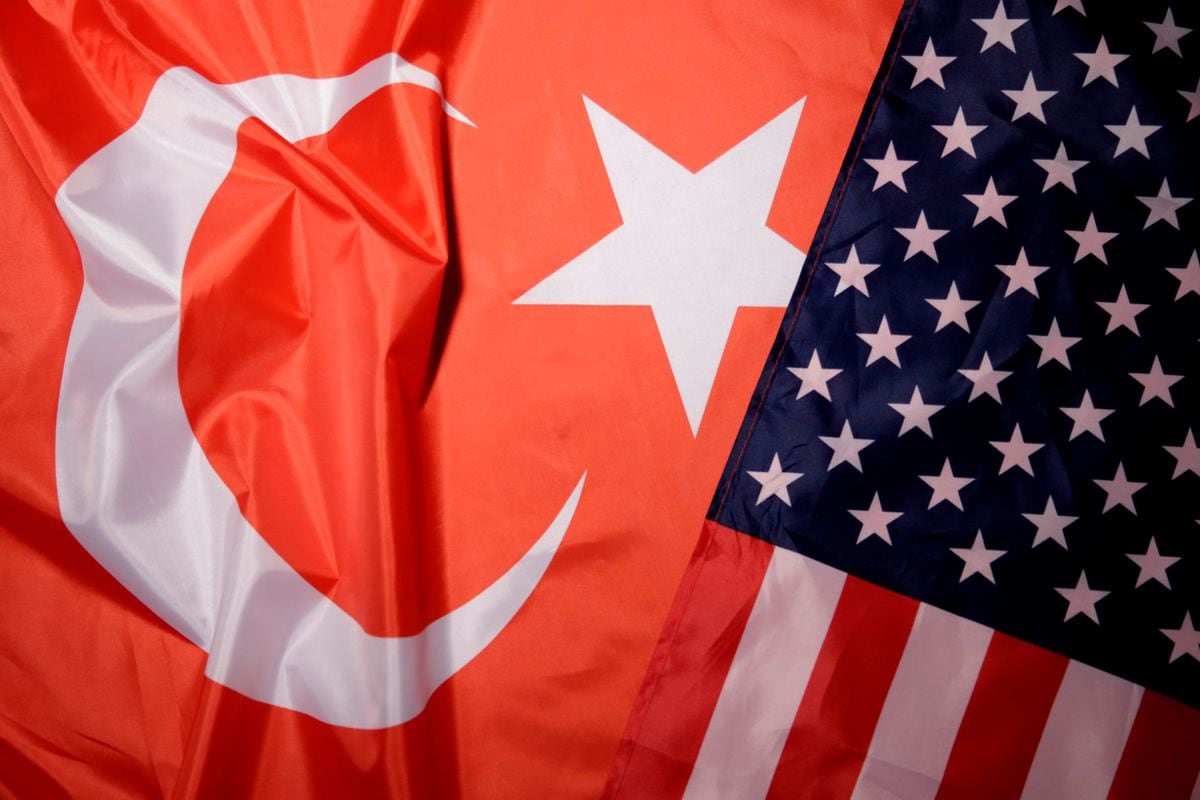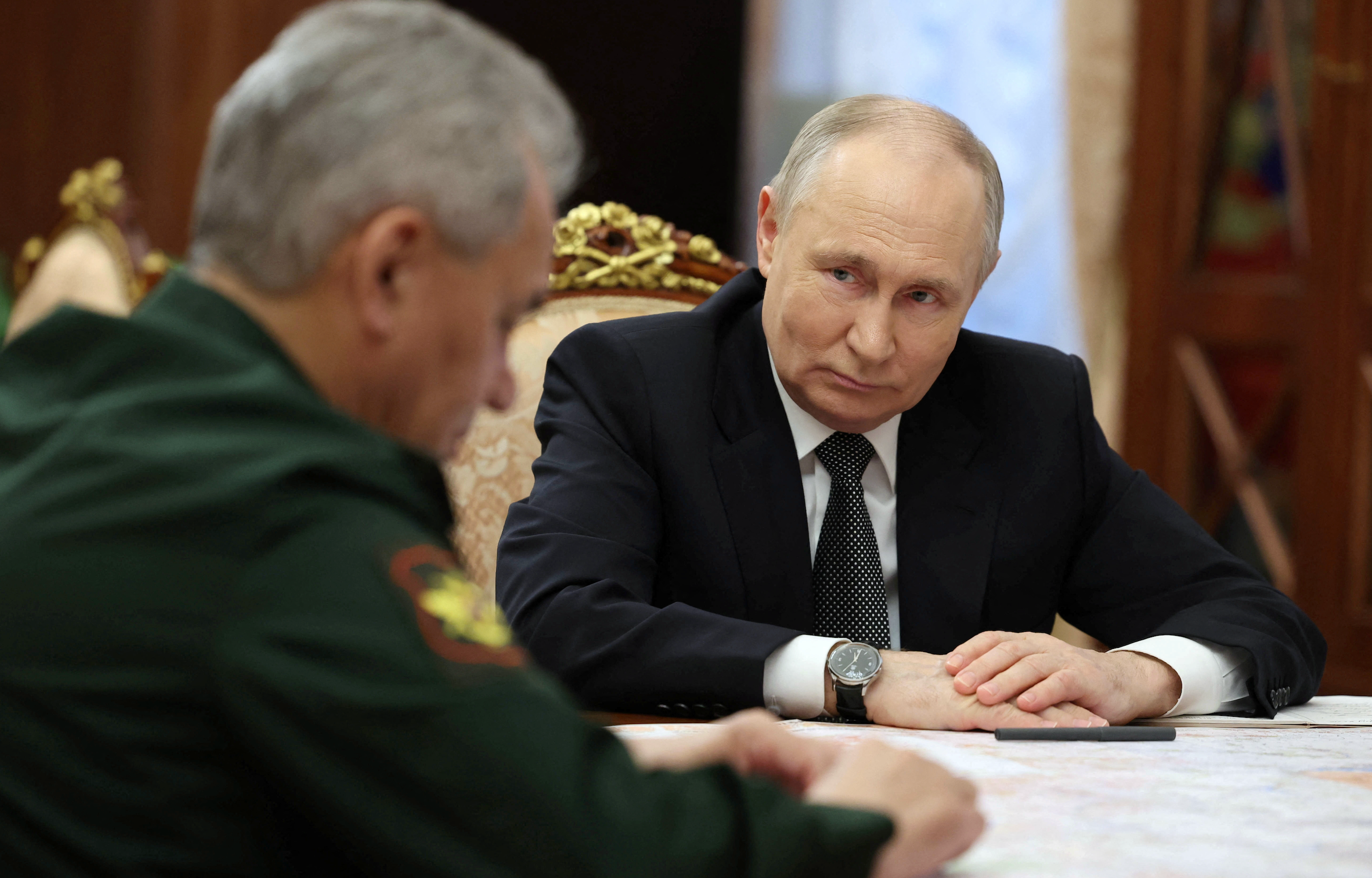
US-Turkey ties now have significant momentum, Senator Murphy says
PHOTO CAPTION: Turkey and U.S. flags are seen in this picture illustration taken August 25, 2018. REUTERS/Dado Ruvic/Illustration
By Daren Butler
ISTANBUL (Reuters) - There is significant momentum in relations between the United States and Turkey upon which the two NATO allies can capitalise, U.S. Senator Chris Murphy said on Wednesday during a visit to Turkey following its approval of Sweden's NATO membership bid.
Ties between them have long been strained by issues ranging from Turkey's purchase of Russian S-400 missile defence systems to U.S. support for a Kurdish militia in Syria that Ankara regards as a terrorist group, and various human rights issues.
"You definitely feel some real new, purposeful, good feeling in the relationship, and we very much felt that in all of our meetings yesterday," Murphy told Reuters in an interview in Istanbul after talks in the capital Ankara with Turkish leaders.
Last week, President Tayyip Erdogan himself spoke of a positive trend in relations between the two NATO allies, with the sale of F-16 fighter jets to Turkey going ahead after it ratified Sweden's NATO accession following 20 months of delay.
Murphy and Senator Jeanne Shaheen met Erdogan and Foreign Minister Hakan Fidan to express gratitude for Turkey's support on the issue and to discuss what will come next.
"I think this is a moment of significant momentum for the U.S.-Turkey partnership," he said, with many issues on which they can try to capitalise in "a complicated alliance that has ups and downs."
RUSSIA
Murphy said Russia and Ukraine topped the agenda in talks, notably the need to work more closely "to make sure that Turkey doesn't continue as a place where Russia can get around U.S. sanctions."
Reuters on Monday exclusively reported sources as saying that a U.S. threat to impose sanctions on financial firms doing business with Russia had chilled Turkish-Russian trade. Ankara has said it takes measures to avoid being a haven for sanctions to be circumvented.
"We heard a lot of support for an increased partnership. I think the Sweden vote and the F-16 decision will make it easier for us to work more closely together on helping to enforce U.S. sanctions," Murphy said.
He said they discussed some potential new paths forward to formalise work on sanctions coordination.
Murphy said there was also potential to find a path forward on the issue of Turkey's purchase of the Russian S-400 systems, which prompted Washington to impose sanctions on Turkey's defence industry in 2020.
The talks in Ankara dealt with the "very delicate topic" of Syria, amid long-running tensions over U.S. support for forces in a coalition against Islamic State militants that Turkey says are part of a terrorist group. Ankara has repeatedly demanded that its ally cut its support and partnership with the group.
"This opening in the U.S.-Turkey relationship gives us a chance to sit down at the table and really honestly talk about whether there is a way to work more closely together in Syria," he said.
(Reporting by Daren Butler; Editing by Tuvan Gumrukcu and Bernadette Baum)









